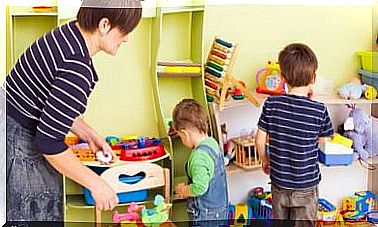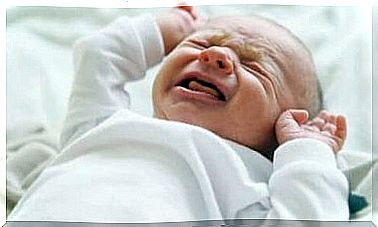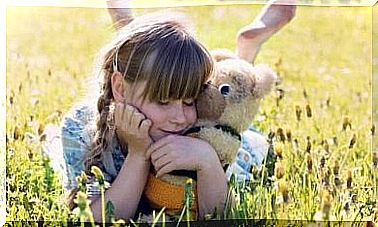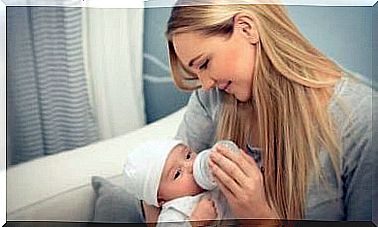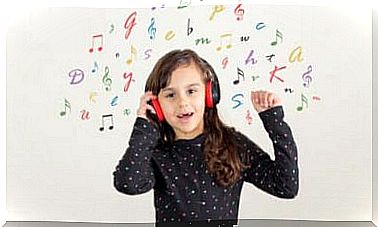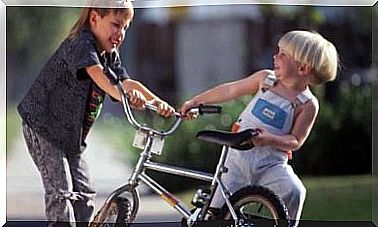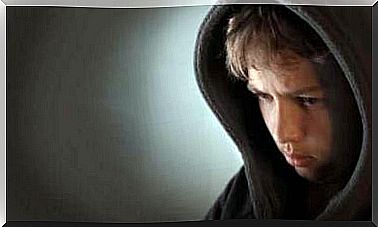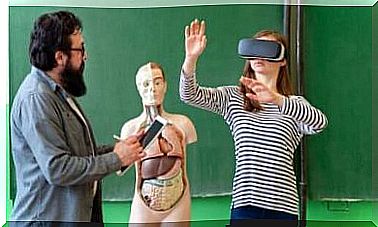The First Words Children Say: What Are They?
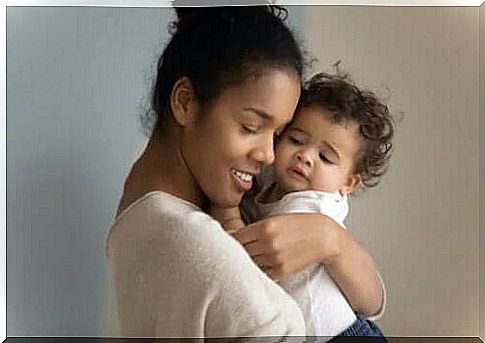
Starting to pronounce the first words is one of the most important moments in the development of children. Mothers and fathers are waiting for nothing else. Indeed, parents fondly remember the first words their children utter.
Typically, babies speak their first words between 11 and 18 months of age (sometimes even earlier). Each child is different and begins to speak based on his learning ability and stage of growth. Not all babies start talking by saying the same word, although there are some words that tend to be more common.
In this article we will find out what are the first words that children pronounce. From that moment on, the doors of verbal communication opened up for them too.

What are the first words that children say?
The first words that children say are closely related to the experiences lived in the environment in which they grow up, especially those within the family unit.
The words that adults repeat most frequently, and particularly those spoken by parents or primary caregivers , are usually the first to appear in the child’s vocabulary.
Typically, during the first few months of life, mothers and fathers communicate with their baby using the same words. Therefore, there are some words that children tend to choose for their initial vocabulary. Let’s see what are the most common first words spoken by children.
The first words children say are about family members
The first words that children say are “mom”, “dad”, “baby” and “nanny”. They are simple and easy to pronounce words because they are formed by the repetition of two identical syllables. Furthermore, they are terms used to refer to the closest family members with whom children are used to interacting.
Affirmations or Disclaimers
Since they were born, “yes” and “no” are two of the words most heard by children. Therefore, both through gestures and words, children quickly learn to express affirmations or denials. For many children these words are the way to express the vocabulary they know.
The first words related to food
Eating is one of the basic needs of every human being. Therefore, it is not surprising that some children choose to say the name of a food or some object related to the time of the meal as their first word. For example, “water”, “bottle”, “bread”, etc.
Furthermore, it is very common that among the first words that children pronounce there are useful expressions for receiving food. For example, “give me”, “I want”, “more”, etc.
Greetings
Greetings are a sign of kindness and courtesy. It is one of the social norms that are passed down from generation to generation. Therefore, many children who have acquired the habit of saying hello often say “hello” or “goodbye” as their first words.
The onomatopoeic words
In some cases, the first word a child utters is not a word in the classical sense, but is an onomatopoeic word that he uses to name something. For example, “woof” to refer to a dog or “meow” to indicate the cat.
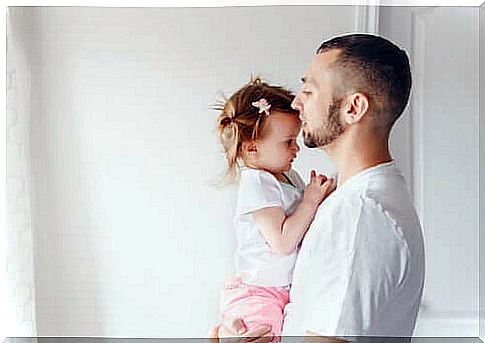
How to stimulate the production of the first words in children
The family is the main context in which children grow and develop all their abilities. It is therefore important to create an environment that is as enriching and stimulating as possible.
To encourage and stimulate the pronunciation of the first words in babies, it is important that mothers and fathers establish constant verbal communication with the baby from the first months of life. The way of communicating with the child must be clear, very expressive and when communicating, one must maintain eye contact.
It will happen that after many days of conversation in which the child does not say anything, one day, when you least expect it, you will hear his first word spoken. This will be an unforgettable moment that you will remember for a lifetime.

